Washington, June 23 (V7N) — When Donald Trump returned to the White House in January, he did so vowing to be a “messenger of peace.” But just months into his presidency, that promise is facing increasing skepticism as the United States becomes deeply involved in escalating tensions between Iran and Israel — a conflict now teetering on the edge of a full-scale regional war.
Far from calming the Middle East, President Trump is now leading a country that is actively participating in a high-stakes military operation. Over the weekend, U.S. bombers launched strikes on three Iranian nuclear sites, marking the most direct American involvement in the Iran-Israel power struggle to date.
Within two hours of the operation being announced on social media, Trump addressed the nation in a televised speech from the White House, calling the mission an “extraordinary success.”
Critics, however, argue that the strikes contradict Trump’s earlier promises and expose a growing gap between his campaign rhetoric and the realities of global leadership.
Since taking office, Trump has faced mounting pressure to respond to Iran’s nuclear activities and its support for regional militias — particularly in the wake of Israel's intensifying actions in Gaza, Lebanon, and Syria. The airstrikes, while presented as a targeted deterrence, have drawn Washington further into a conflict that some fear could spiral into a wider war in the Middle East.
Analysts note that the White House’s posture is shifting rapidly from peace-driven diplomacy to direct military engagement, calling into question the long-term consequences for U.S. foreign policy.
END/WD/AJ/



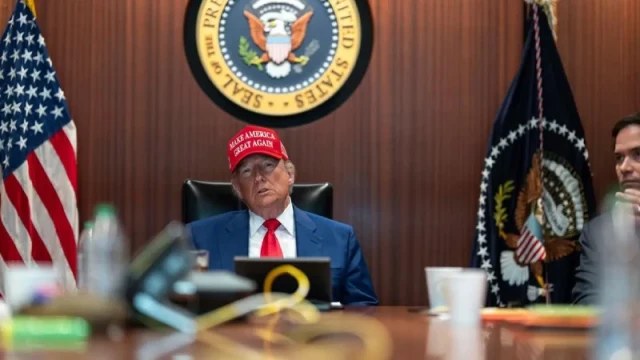
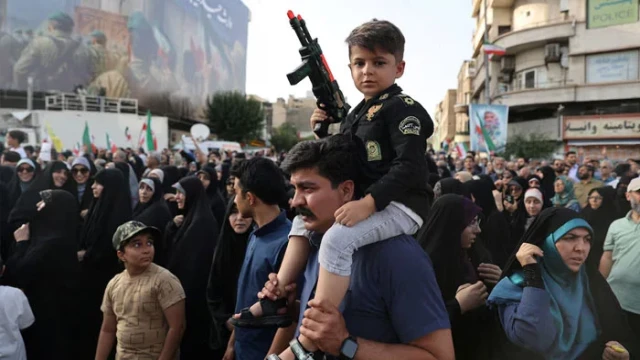


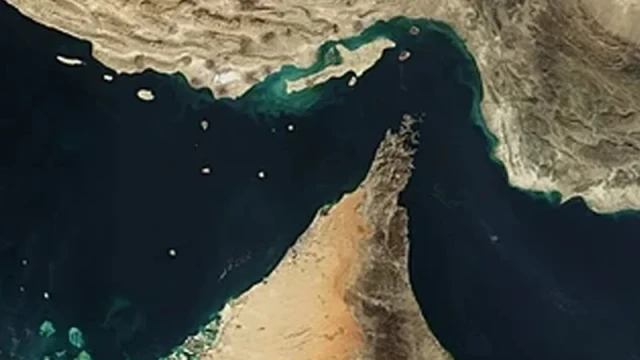
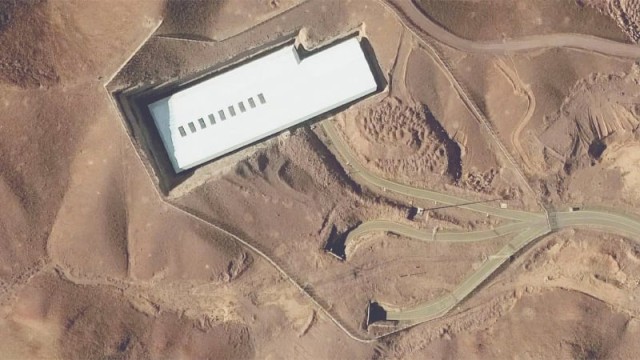
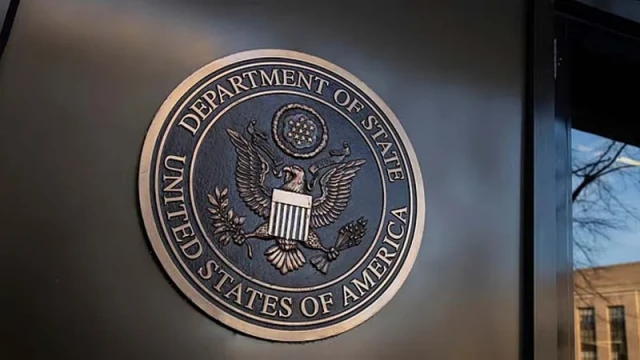
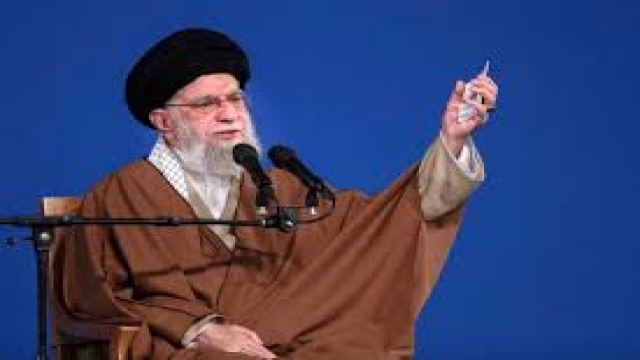





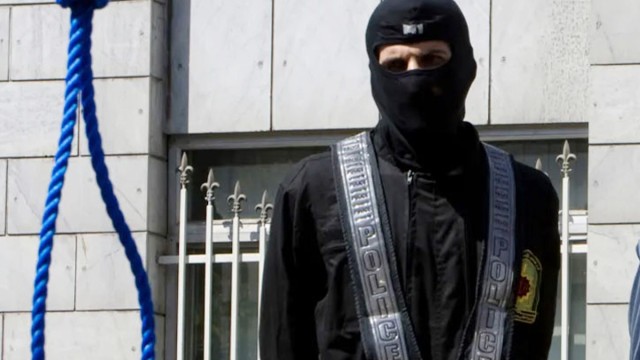




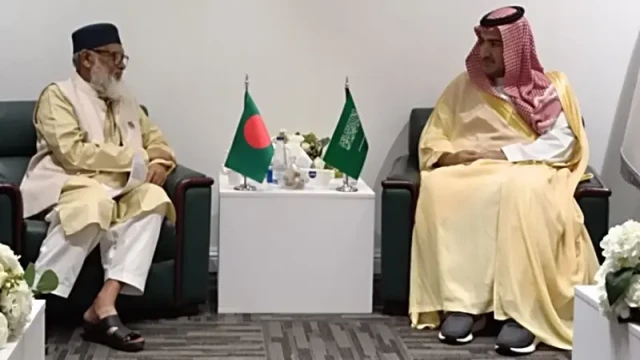




Comment: